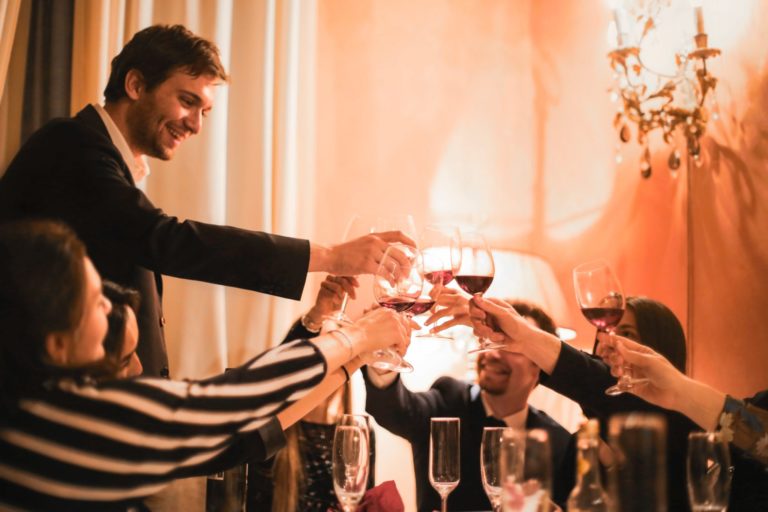
When people think of the long-term negative effects of alcohol, the first thing they think of is the tole it takes on your body, physically. Maybe the second thing people remember is that alcohol is a depressant. Many are aware that excessive alcohol can lead to depression. Not many associate the effects of alcohol with anxiety.
What is anxiety?
Anxiety can be a vague term. If somebody is ‘anxious’ for a job interview, some would argue that this person does not suffer from anxiety. For some, anxiety is a seriously debilitating day-to-day issue. And so, if you’re an anxiety sufferer who knows the continuous, never-ending pressure, that which makes it feel as if the chest is caving in, then when you see anxiety defined as ‘a worry’ or ‘a feeling of unease’ then it comes across as an understatement. When it becomes a mental health problem, real anxiety makes it feel like the world is laughing at you, like you’re a neurotic outsider. You may feel physical effects on your body, too.
Turning to the bottle…
Sometimes, those who suffer from anxiety turn to alcohol. It’s understandable. Because, sober, you’re not going to be able to even have a functional conversation with those closest to you. Because, without a drink, you’re uncomfortable in that conversational space. So, who could blame you?
The truth, though, really, is that alcohol makes it worse. Sure, getting drunk puts you at ease and brings out a self-assurance. It allows you to do and say things, sometimes exciting things that you might not do or say otherwise. And it’s attractive, the idea that it’s the real you. It makes sense to want to tell yourself that it is the real you because confidence is desirable. But it’s a vicious cycle. You drink, it calms you down, you feel better. But then you withdraw and your body begins to process the chemicals. After, you feel more anxious than before. What do you do? You drink again. Because it makes sense to.
The comorbidity…
Alcohol disrupts the balance of chemicals in the brain. The feeling of relaxation you experience when intoxicated has a price. The alcohol begins to depress the part of the brain that we associate with inhibition – the feeling that makes one self-conscious and unable to act in a relaxed and natural way. If you’re drinking as a treatment for anxiety, the problem can get to the point where you drink to get through situations which are only really appropriate to be sober during.
A study by Stevens et al – ‘Influence of alcohol on social anxiety: An investigation of attentional, physiological and behavioural effects’ – measured internal and external projection in people with social anxiety disorder while delivering a speech. In short, internal projection can basically be summarised as both the potential and awareness of what one wants to say or do, while external projection refers to the impact of the individual’s environment i.e. speaking in front of large groups of people. Results showed that alcohol helped participants to process external probes favourably, eliminating anxiety. The report showed that the physiological symptoms of anxiety further contributed to the understanding of alcohol use as a safety behaviour in social anxiety disorder, and provided a basis for the explanation of the heightened comorbidity of social anxiety and alcoholism. Therefore, once alcohol use becomes a safety behaviour for those suffering from an anxiety disorder, it becomes an inescapable routine, worsening anxiety symptoms without alcohol and leading to alcohol dependence.
What can you do?
If you’re serious about cutting down on your drinking, then there are steps you can take to do so. You start off drinking less, taking it one day at a time. Choose certain days of the week and set yourself a rule that you won’t drink on these days. You’ll begin to get better night’s sleep and feel less tired during the day. Let those closest to you know that you want to cut down. This will not only allow them to support you but will allow yourself to turn to them, rather than to drinking. There are several surprisingly effective natural methods you can take to combat anxiety, including exercise, good sleep, and simply being positive.
Accept that some things in life are out of your hands. Take time out of your day to relax. Breathe. You do your best.


